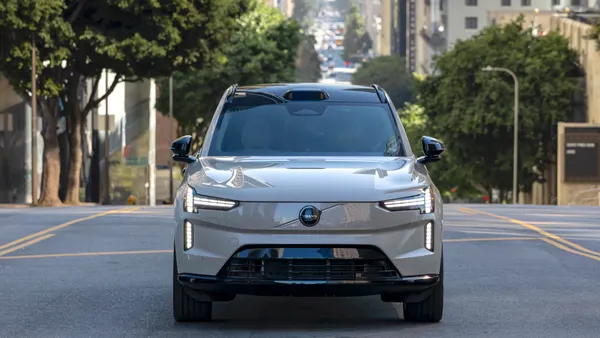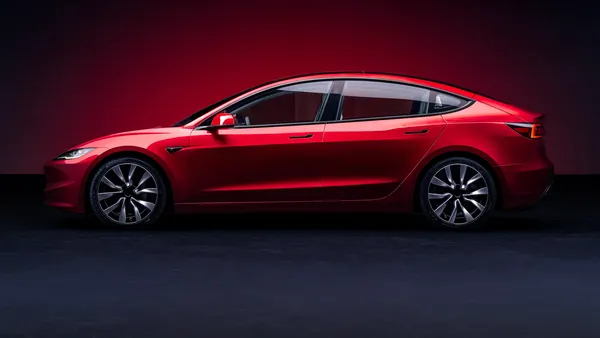Editor's note: This story is part of the WardsAuto digital archive, which may include content that was first published in print, or in different web layouts.
Conventional wisdom in the world's automotive capitals stipulates that industry outsiders can't run auto companies.
The automotive business is so unique, so infused with passion, impulse and history, that if gasoline has not been coursing through your veins since infancy, you are better off seeking employment elsewhere.
But as the economist John Kenneth Galbraith pointed out when he coined the term, “conventional wisdom” usually is more about convenience and maintaining the status quo than truth.
Mention industry outsiders in Detroit and you are likely to get a lecture about General Motors in the 1990s: It committed automotive blasphemy by hiring executives with backgrounds selling contact lenses, toothpaste and — oh, the humanity! — even diapers, to market its precious cars and trucks.
The much-maligned brand management concept at GM was pioneered by then-Chairman John Smale, a former Procter & Gamble executive, who used the concept with great success at P&G to sell consumer products such as soap and toothpaste.
At the time, it wasn't a bad idea. GM's brands were a mish-mash that needed sorting out. Unfortunately, GM's version of brand management used focus groups, market research and brand positioning as a substitute for the creativity, intuition and passion of product-development veterans. It died an ugly death.
But that does not mean outsiders are not capable of fixing a troubled company.
Long-time observers love to say that all a struggling auto maker needs to be successful is great cars and trucks.
But when auto makers get into trouble today, whether they are based in the U.S., Europe or Asia, their problems are so multifaceted and huge that even a celebrated car guy with a golden gut may lack what it takes to turn around a company.
The problems of Ford, Chrysler and a growing number of others have metastasized beyond mere product deficiencies.
They need top executives skilled at integrating and leveraging global assets on a massive scale, and who can take operations that look like medieval fiefdoms and turn them into worldwide production and retailing networks.
They need executives who can interpret the ebb and flow of the oceans of cash and debt these giant organizations create every day.
What auto makers don't need is executives who know how to rebuild the carburetor on a '57 Chevy, or who can do a lap of the Nurburgring in less than 8 minutes.
Alan Mulally is an engineer with decades of experience developing and marketing a long list of highly complex and successful airplanes for a global market, including the vaunted Boeing 777.
In the early 1990s, Robert Nardelli boosted General Electric's locomotive business from 35% market share to 70%. After that, he turned around GE's money-losing gas turbine engine business and a host of other troubled operations.
Neither Mulally nor Nardelli — who now head Ford and Chrysler respectively — is steeped in automotive lore or restores classic cars in their spare time. It doesn't matter.
If they are successful, which they are likely to be, we must start letting a lot more “outsiders” into the very big small town we call the auto industry. Conventional wisdom be damned.









